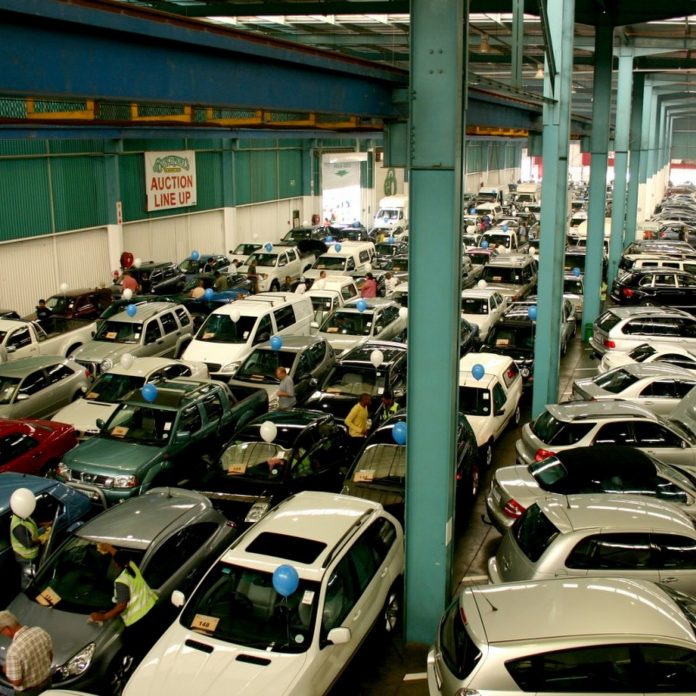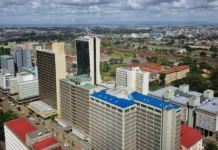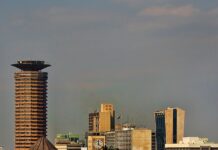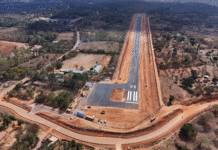In Summary : As workers finance mortgages with their wages, homeowner defaults increased by 20%, or Sh11.5 billion, from Sh57.7 billion to Sh69.2 billion.
In the 12 months to September last year, car and property owners defaulted on loans totaling Sh27.8 billion, revealing how difficult the two sectors have become for banks in the wake of the Covid-19 outbreak.
According to the Central Bank of Kenya’s (CBK) quarterly economic analysis, the transport sector, which was impacted by Covid-19 restrictions like as curfews and cross-border lockdowns, saw a 60 percent increase in bad loans of Sh16.4 billion in 2020 compared to the same period the previous year.
Bad loans increased from Sh27.5 billion in September 2020 to Sh43.9 billion in 2021, according to the data.
Homeowner defaults climbed by 20%, or Sh11.5 billion, from Sh57.7 billion to Sh69.2 billion, as workers financing mortgages with their paychecks.
The sectoral distribution of bad loans by September 2020 revealed that trade had the largest amount of bad debt at Sh99.1 billion, followed by personal (Sh70.4 billion), manufacturing (Sh65.5 billion), and agriculture (Sh65.5 billion) (Sh19.6 billion).
After the government implemented a night curfew and limitations on transit into Nairobi, Mombasa, and Mandera, resulting in the grounding of some cars, the data indicates the impact of the Covid-19 pandemic on companies, particularly matatu and taxi owners.
During the peak of the pandemic, several motorists converted their own vehicles into hawking vans in order to supplement their income.
When they ran out of money to repay their loans, some people who had commercial cars on loan chose to give them back to the lenders.



















